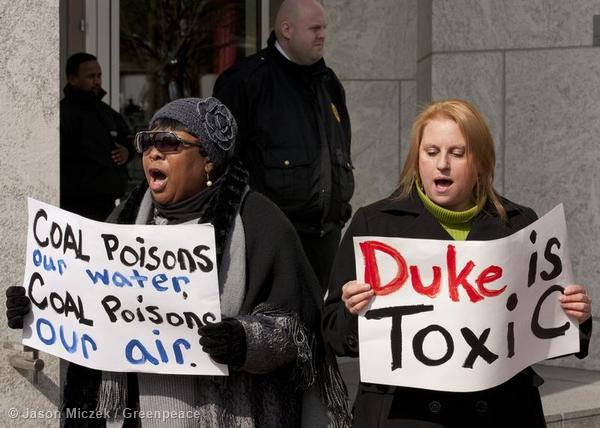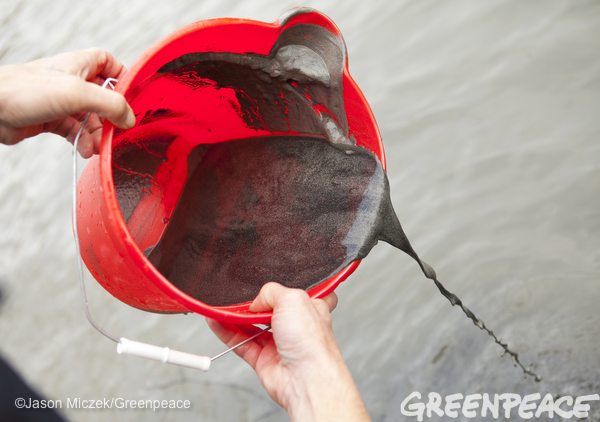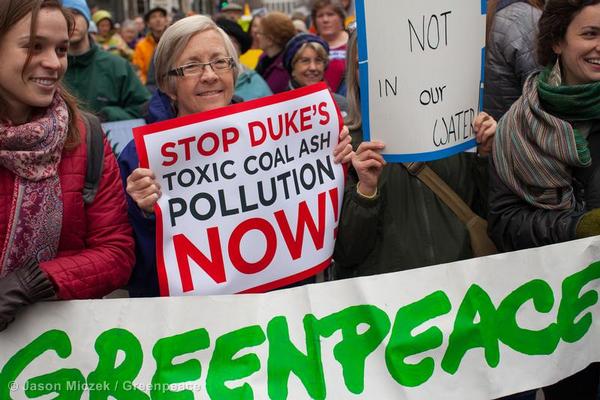Duke Energy is not only polluting our air and water in North Carolina, but also our democracy. The monopoly utility is not only the largest investor-owned utility in the country but also the top power-broker in the South East and the largest political campaign contributor in the state.
After months of public comment and hearings, at which hundreds of North Carolinians testified that Duke Energy should clean up its coal ash dumps, the state’s Department of Environmental Quality (DEQ) ruled last week that no coal ash dumps are safe and Duke must excavate all ash and move to dry, lined landfills away from waterways by 2024.
Although the ruling contained a loophole that allowed the entire decision to be revisited in 18 months, it seems that still wasn’t good enough for the monopoly utility.
After Duke called DEQ’s decision “the most extreme closure option” and also suggested it could pass on excavation costs to ratepayers last week, Senate Bill 71 was introduced and fast-tracked through the House in less than 24 hours, providing little time for input and review.
This bill, which Duke Energy endorsed, would re-open the comment period for coal ash classifications that were just passed. It seems Duke’s friends in the legislature are helping the company seek out a better deal.
Even though the evidence for coal ash cleanup is clear, this bill could create a new process for what to do with Duke’s coal ash dumps.
People across the state have been speaking out for years about the health and economic impacts of coal ash; opening up a new process to review the known risks of this toxic waste would delays relief for people with contaminated water and those who live in fear of the next spill.
The bill does little to guarantee safe drinking water to people with contaminated wells and instead complicates the process for receiving an alternative water supply by requiring proof of contamination according to Duke’s own testing.
After a flurry of action, the bill was referred to a Conference Committee on Wednesday afternoon where appointees from the House and Senate will engage in closed-door negotiations. The Senate appointees to the committee are three people who have received thousands of dollars in campaign contributions from Duke in each of their elections: Senators Harrington, Wells, and Appodaca.
We can only speculate will happen in the next phase of this deal.
It is past time that our elected officials respond to people and not polluters and get big money out of politics. Now more than ever, holding elected officials accountable is important and will continue to be critical as we move into the election season.
The cozy relationship between Duke Energy and elected officials is at the heart of the coal ash crisis in North Carolina and it’s time to remind our leaders what democracy is supposed to be: of, by, and for the people. That is why the people showed up in thousands for the coal ash hearings and why they will continue speaking out for clean air, clean water and a healthy democracy.








